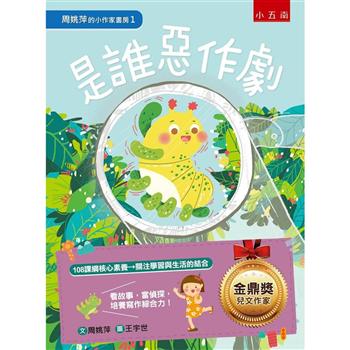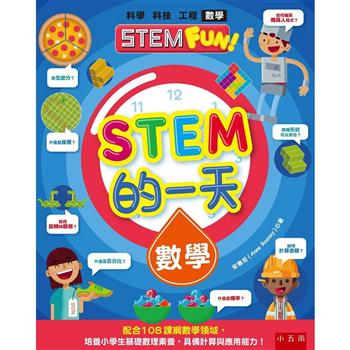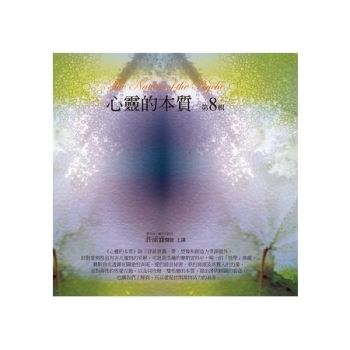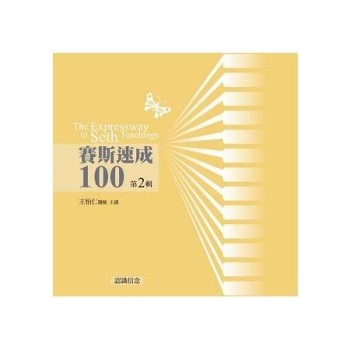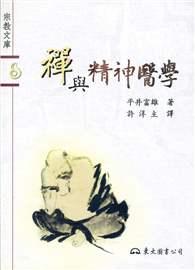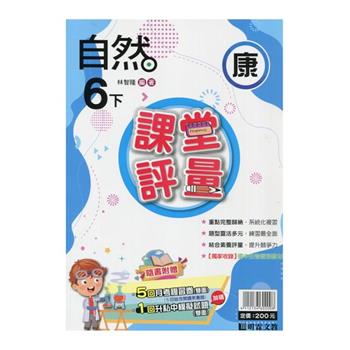Food adulteration is a problem that affects the entire world, and underdeveloped nations are more vulnerable to it owing to a lack of rules and monitoring which takes place frequently in its most blatant form when illegal materials are replaced or added in full. Food is frequently contaminated to satisfy the demands of this expanding population and to feed the vast population because the world’s population is increasing at an alarming rate. Food autoxidation and rancidity development are caused by a free radical chain mechanism. Antioxidants are chemicals that, when present in meals in small amounts relative to an oxidizable substrate, significantly slow down or stop the oxidation of the substrates present in the food. Free radicals can be quenched, decomposed, or scavenged by them. The presence of antioxidants in food is a crucial resource for the food business in order to maximize the effectiveness of these key additions. Therefore, concern knowledge is required on these concepts for understanding the adulteration, their types and detection methods as well as the role of antioxidants in food, medicine and healthcare, or to prevent or regulate oxidation in food products. The primary goal of publishing this book is to make the useful information available to anyone who is interested in it. The book includes eleven chapters which aim to present the knowledge of food adulteration and Antioxidants and various other associated concepts for Wellbeing.
| FindBook |
有 1 項符合
Antioxidants and Food Adulteration的圖書 |
 |
Antioxidants and Food Adulteration 作者:Rani 出版社:Discovery Publishing House (India) 出版日期:2023-01-01 語言:英文 規格:精裝 / 256頁 / 24.41 x 16.99 x 1.6 cm / 普通級/ 初版 |
| 圖書館借閱 |
| 國家圖書館 | 全國圖書書目資訊網 | 國立公共資訊圖書館 | 電子書服務平台 | MetaCat 跨館整合查詢 |
| 臺北市立圖書館 | 新北市立圖書館 | 基隆市公共圖書館 | 桃園市立圖書館 | 新竹縣公共圖書館 |
| 苗栗縣立圖書館 | 臺中市立圖書館 | 彰化縣公共圖書館 | 南投縣文化局 | 雲林縣公共圖書館 |
| 嘉義縣圖書館 | 臺南市立圖書館 | 高雄市立圖書館 | 屏東縣公共圖書館 | 宜蘭縣公共圖書館 |
| 花蓮縣文化局 | 臺東縣文化處 |
|
|
圖書介紹 - 資料來源:博客來 評分:
圖書名稱:Antioxidants and Food Adulteration
|
